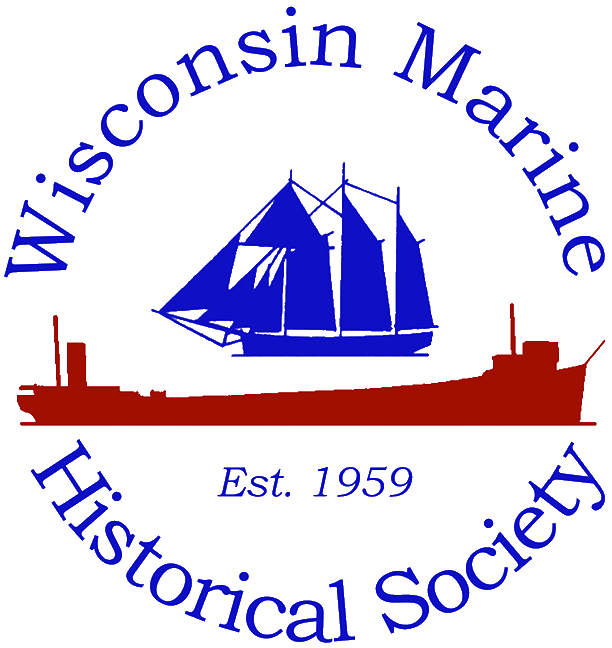WMHS Communications Policy and Guidelines
On March 10, 2020, the Wisconsin Marine Historical Society’s Board of Trustees adopted the following Communications Policy to govern the Society’s use of electronic communications, social media and print publications. The Communications Guidelines were submitted to the Trustees as context and a framework for the Communications Policy.
Communications Policy
– The President and Executive Director of the Wisconsin Marine Historical Society constitute an editorial board to supervise the use of electronic communications, social media, and print publications, including Soundings.
– Writing and distributing stories about current sailing vessels, marine works, or marine-related events, proposals and developments involving the Great Lakes, the St. Lawrence Seaway, or Wisconsin rivers and lakes, whether current or historical, is the prerogative of the Society.
– Where appropriate, postings about current sailing vessels, marine works, events, proposals and developments should relate to historical events or trends. Where appropriate, writers should contextualize “contemporary history” with “historical history” to explain why postings are relevant.
– Writers should avoid what may appear as political commentary, endorsements, or advocacy.
– Writers should not express religious views, use abusive or offensive language, or infringe copyright laws.
Communications Guidelines
The Wisconsin Marine Historical Society appreciates the role communications, including social media, plays in advancing its mission of disseminating current and historical information and promoting the Society’s interests. Social media greatly extends the reach of the Society.
The use of social media, such as the Society’s regular electronic reports to members and friends and frequent postings on Facebook, places the Society squarely in the public arena and attracts tens of thousands of readers who otherwise would not be aware of the Society.
WMHS writers communicating with our members and a far-flung public represent the Society. As a result, the Society takes responsibility for what is written. When the Society was formed in 1959, it partnered with the Milwaukee Public Library to collect and preserve marine history of the Great Lakes and the St. Lawrence Seaway, as well as the lakes and rivers within and bordering Wisconsin.
That relationship with a tax-supported institution, and being under the direction of a Board of Trustees, which from time to time may include individuals employed by public agencies, require the Society to be politically neutral. The Society’s writers should avoid expressing partisan opinions or making comments that could be interpreted as being biased. Writers should be mindful of who or what organizations they quote to avoid appearing to endorse a position or taking sides. Writers should not express religious views, use abusive language, or infringe copyright laws. The Society is accountable for communications that go out under its name.
While the Society has “historical” in its name, its mission statement does not restrict or prohibit the discussion or collection of information about current marine events, shipping or maritime activities; nor does it proscribe the Society’s distribution of reports of government or commercial proposals related to marine activities or events. The Society has a record of collecting history as it happens. Precedent was set with the 1959 inaugural issue of the Society’s newsletter: it carried a contemporary story about the EDMUND FITZGERALD. A 1986 issue of Soundings (Vol. 26, No. 3), under the headline “Editorial Comment,” asks “all of our members to pass along any significant information that will indeed become history, even though it may have transpired as recently as this morning!”


